

Has your teenager ever rolled their eyes at the mention of counselling? Or maybe they’ve sat through traditional therapy sessions giving one-word answers, leaving you wondering if there’s a better way? As a team specialising in youth mental health here at Shake Counselling in Geelong, we see this all the time – and you’re not alone. While sitting down for a chat with a therapist works brilliantly for some young people, many teens need something different – especially those who’d rather do anything than talk about their feelings.
That’s where non-traditional therapies come in. Imagine instead of your teen dreading their weekly therapy appointment, they’re actually looking forward to sessions that might involve movement, art, music, or even working with animals. At Shake Counselling, we’re changing the game in youth mental health support across the Geelong region, offering innovative ways to help teens open up and grow without the pressure of traditional talk therapy.
For many teenagers, particularly young males, sitting in a counselling room and openly discussing their feelings can feel uncomfortable or even threatening. Traditional teen counselling methods often face several key challenges:
The teenage brain is still developing the ability to process and articulate complex emotional experiences
Example: Like Tom, a 15-year-old who knows he’s feeling overwhelmed but can only say “I’m fine” or “I don’t know” when asked how he’s feeling about his parents’ separation
Traditional office environments with their professional setup can create an artificial barrier between teens and therapist
Example: Picture Jake, who spends his first 20 minutes in every session just staring at the certificates on the wall, feeling like he’s in the principal’s office rather than a safe space to open up
Many cultural traditions value different approaches to emotional expression and healing
Example: We worked with Michael, whose Pacific Islander background taught him to process emotions through community and movement rather than one-on-one conversations
The word “therapy” still carries weight, especially among peer groups where mental health support isn’t openly discussed
Example: Consider Sam, who told his mates he was going to “coaching” instead of therapy because he worried about being seen as “weak” or “broken” by his football teammates
These barriers can significantly impact the effectiveness of traditional therapeutic approaches, leading many families to seek alternatives to talk therapy that better aligns with their teens’ needs and preferences.
Here at Shake Counselling in Geelong, we’ve seen firsthand how these barriers can prevent young people from getting the support they need. That’s why we’ve developed alternative approaches that meet teens where they’re at – whether that’s on a basketball court, in our art space, or even outdoors.
Movement-based therapy benefits extend far beyond physical exercise. This innovative youth therapy approach helps teens:
Creative expression offers a powerful alternative to traditional talk therapy, allowing teens to:
Interacting with animals can provide unique therapeutic benefits:
Nature-based therapeutic approaches offer:
Non-traditional therapies offer numerous advantages that make them particularly effective for teenage clients:
Young people often find these approaches more engaging and less threatening than traditional therapy. This can be achieved through:
These methods address physical, emotional, and social aspects of well-being. This comprehensive approach includes:
Activities can be tailored to individual interests and needs through:
Alternative approaches often feel more like activities than “therapy,” which can be enhanced by:
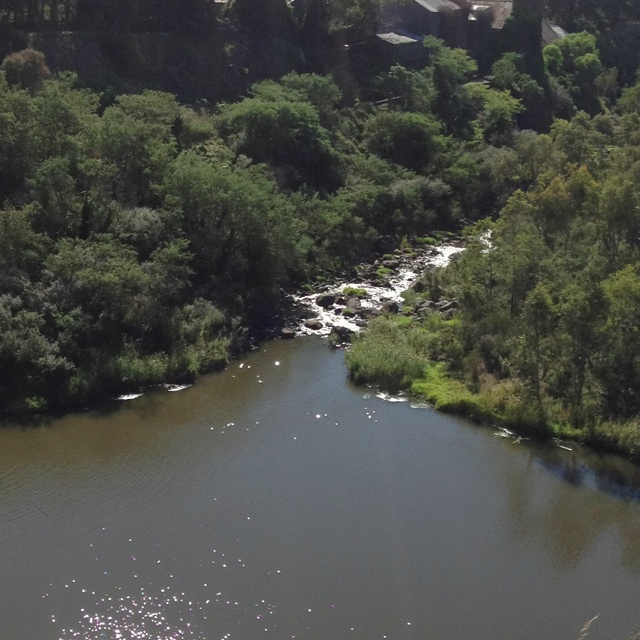
At Shake Counselling, we’ve developed a unique approach to teen therapy that incorporates various non-traditional therapies. Our services include:
Our team comprises qualified professionals with extensive experience in non-traditional therapies, ensuring that your teen receives expert care in a format that resonates with them.
When considering alternatives to talk therapy, it’s essential to:
At Shake Counselling, we begin with a comprehensive assessment to understand your teen’s:
Often, the most effective treatment plans incorporate multiple therapeutic approaches. We might recommend:
We use comprehensive assessment tools that measure both physical and emotional progress, ensuring our body-based and movement therapy approaches are creating meaningful change.
Non-traditional therapies represent a significant evolution in mental health support for teenagers. By embracing these innovative approaches, we can better serve young people who might otherwise resist or disengage from traditional therapeutic support.
Your teen’s journey towards better mental health can start today. Shake Counselling offers:
Contact us to learn more about our non-traditional therapy options and how we can support your teen’s mental health journey. Call 0422 868 258 or visit our website to schedule a consultation.
Remember, choosing the right therapeutic approach for your teen doesn’t mean limiting yourself to traditional methods. Together, we can explore alternatives that resonate with your teen’s unique needs and preferences.

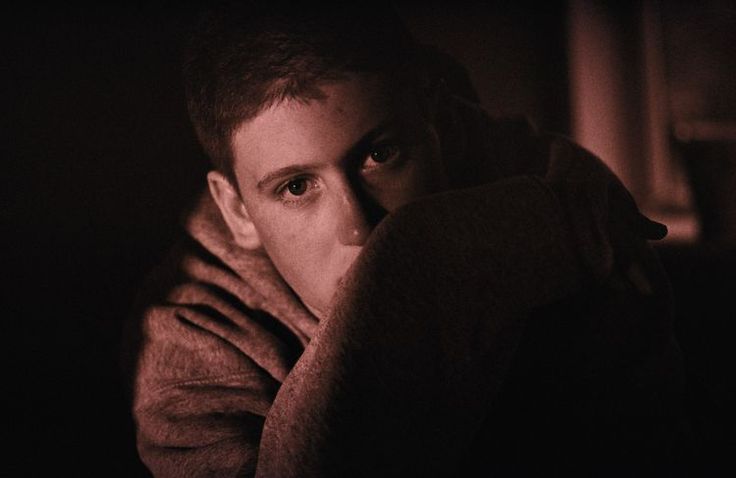
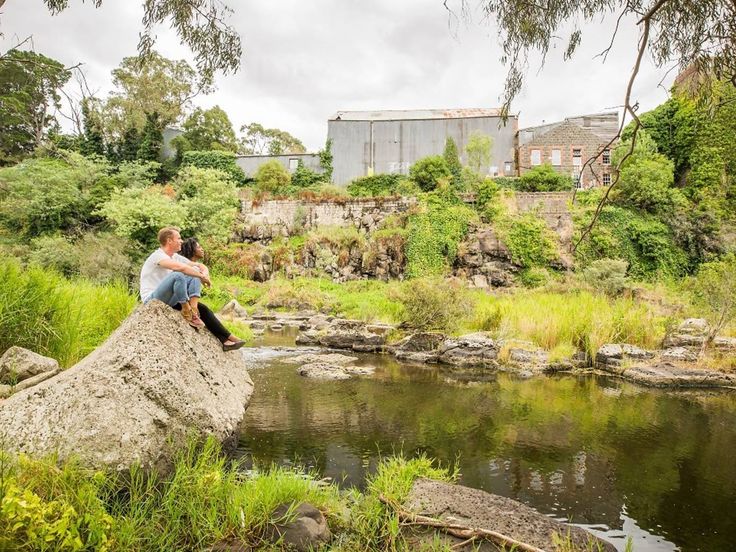
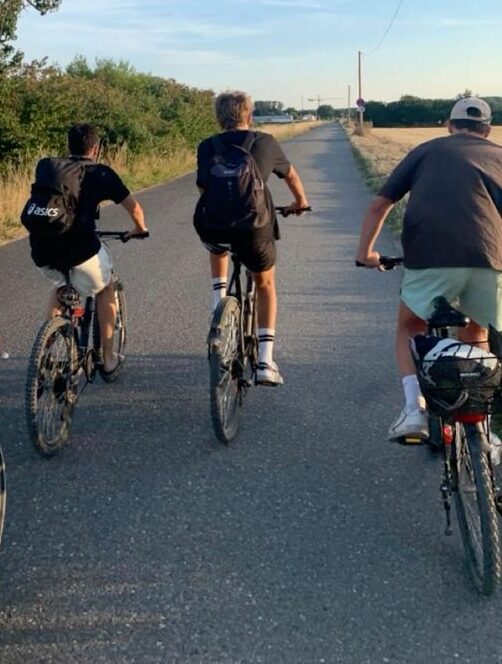

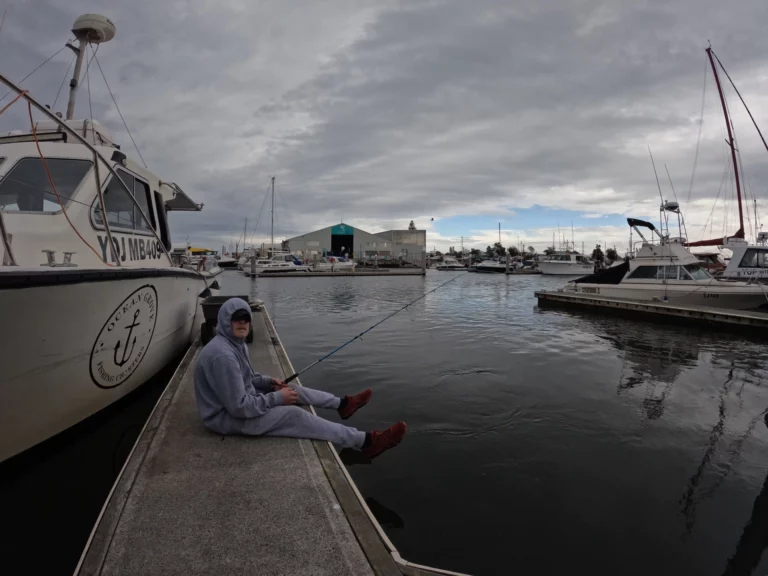

11 Newcastle St, Newtown VIC 3220
0422 868 258
Mon – Fri: 7:00am – 6:00pm
Sat: 7:00am – 2:00pm
We empower Geelong’s teens to navigate challenges, build strong relationships, and develop a positive sense of self.